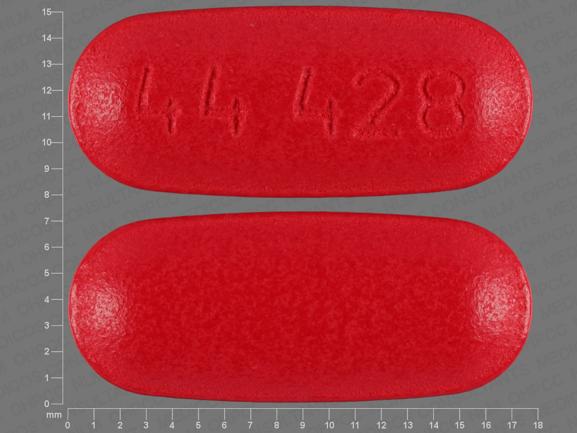Acetaminophen/caffeine Interactions
There are 250 drugs known to interact with acetaminophen/caffeine, along with 12 disease interactions, and 6 alcohol/food interactions. Of the total drug interactions, 13 are major, 191 are moderate, and 46 are minor.
- View all 250 medications that may interact with acetaminophen/caffeine
- View acetaminophen/caffeine alcohol/food interactions (6)
- View acetaminophen/caffeine disease interactions (12)
Most frequently checked interactions
View interaction reports for acetaminophen / caffeine and the medicines listed below.
- Adderall XR (amphetamine / dextroamphetamine)
- Advil (ibuprofen)
- Aleve (naproxen)
- Ativan (lorazepam)
- Benadryl (diphenhydramine)
- Calcium 600 D (calcium / vitamin d)
- Coenzyme Q10 (ubiquinone)
- Crestor (rosuvastatin)
- Cymbalta (duloxetine)
- Eliquis (apixaban)
- Imodium (loperamide)
- Iron Sulfate (ferrous sulfate)
- Lexapro (escitalopram)
- Metoprolol Succinate ER (metoprolol)
- MiraLAX (polyethylene glycol 3350)
- Mucinex (guaifenesin)
- Norco (acetaminophen / hydrocodone)
- Paracetamol (acetaminophen)
- Pepto-Bismol (bismuth subsalicylate)
- Symbicort (budesonide / formoterol)
- Topamax (topiramate)
- Tylenol (acetaminophen)
- Tylenol Extra Strength (acetaminophen)
- Vitamin B Complex 100 (multivitamin)
- Vitamin B12 (cyanocobalamin)
- Vitamin B6 (pyridoxine)
- Vitamin C (ascorbic acid)
- Vitamin D2 (ergocalciferol)
- Vitamin D3 (cholecalciferol)
- Zyrtec (cetirizine)
Acetaminophen/caffeine alcohol/food interactions
There are 6 alcohol/food interactions with acetaminophen / caffeine.
Acetaminophen/caffeine disease interactions
There are 12 disease interactions with acetaminophen / caffeine which include:
- alcoholism
- liver disease
- cardiac disease
- hypertension
- psychiatric disorders
- PUD
- PKU
- cardiotoxicity
- liver disease
- renal dysfunction
- seizure disorders
- GERD
More about acetaminophen / caffeine
- acetaminophen/caffeine consumer information
- Compare alternatives
- Reviews (8)
- Drug images
- Side effects
- Dosage information
- During pregnancy
- Drug class: analgesic combinations
Related treatment guides
Drug Interaction Classification
| Highly clinically significant. Avoid combinations; the risk of the interaction outweighs the benefit. | |
| Moderately clinically significant. Usually avoid combinations; use it only under special circumstances. | |
| Minimally clinically significant. Minimize risk; assess risk and consider an alternative drug, take steps to circumvent the interaction risk and/or institute a monitoring plan. | |
| No interaction information available. |
See also:
Further information
Always consult your healthcare provider to ensure the information displayed on this page applies to your personal circumstances.


